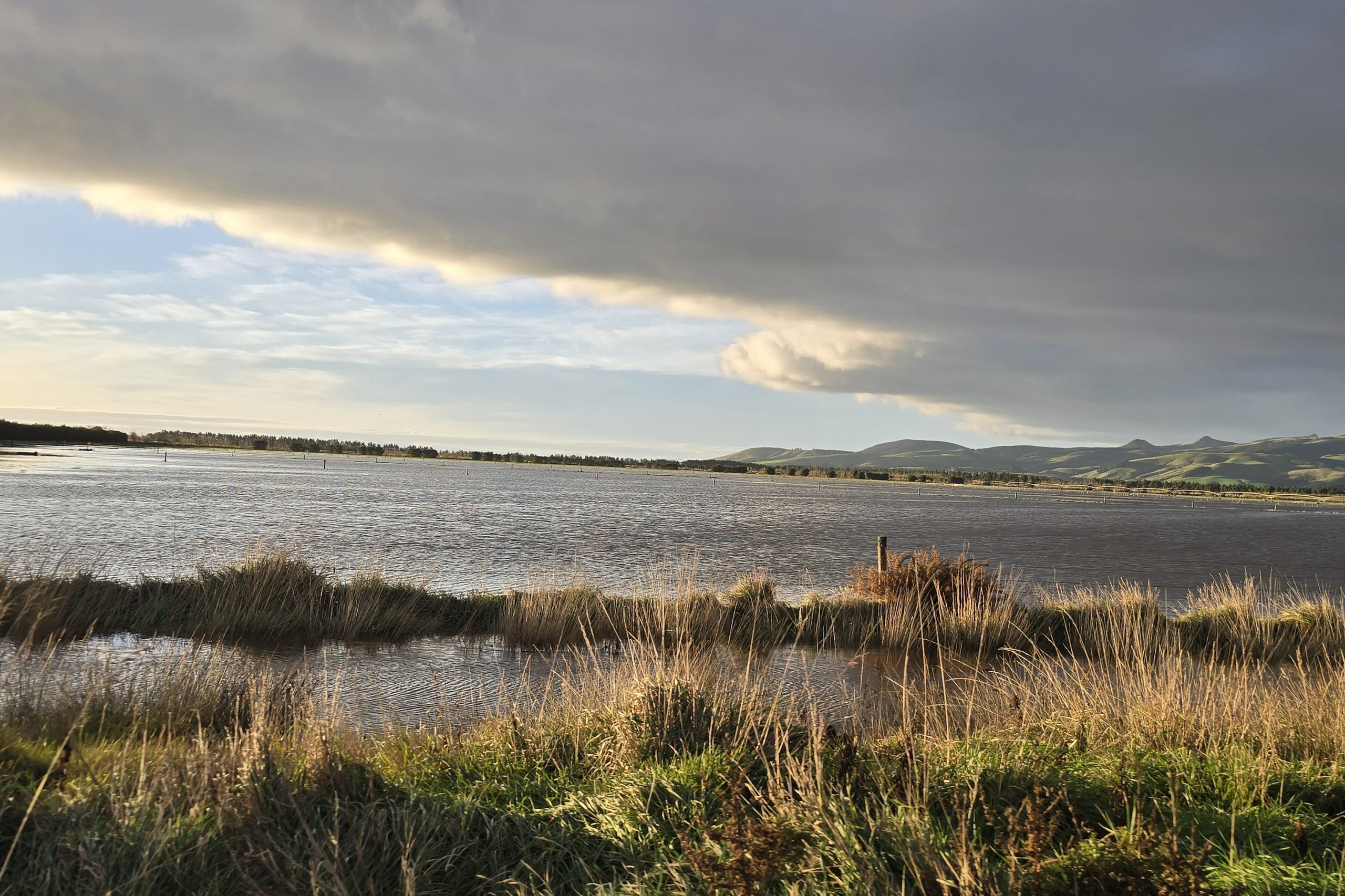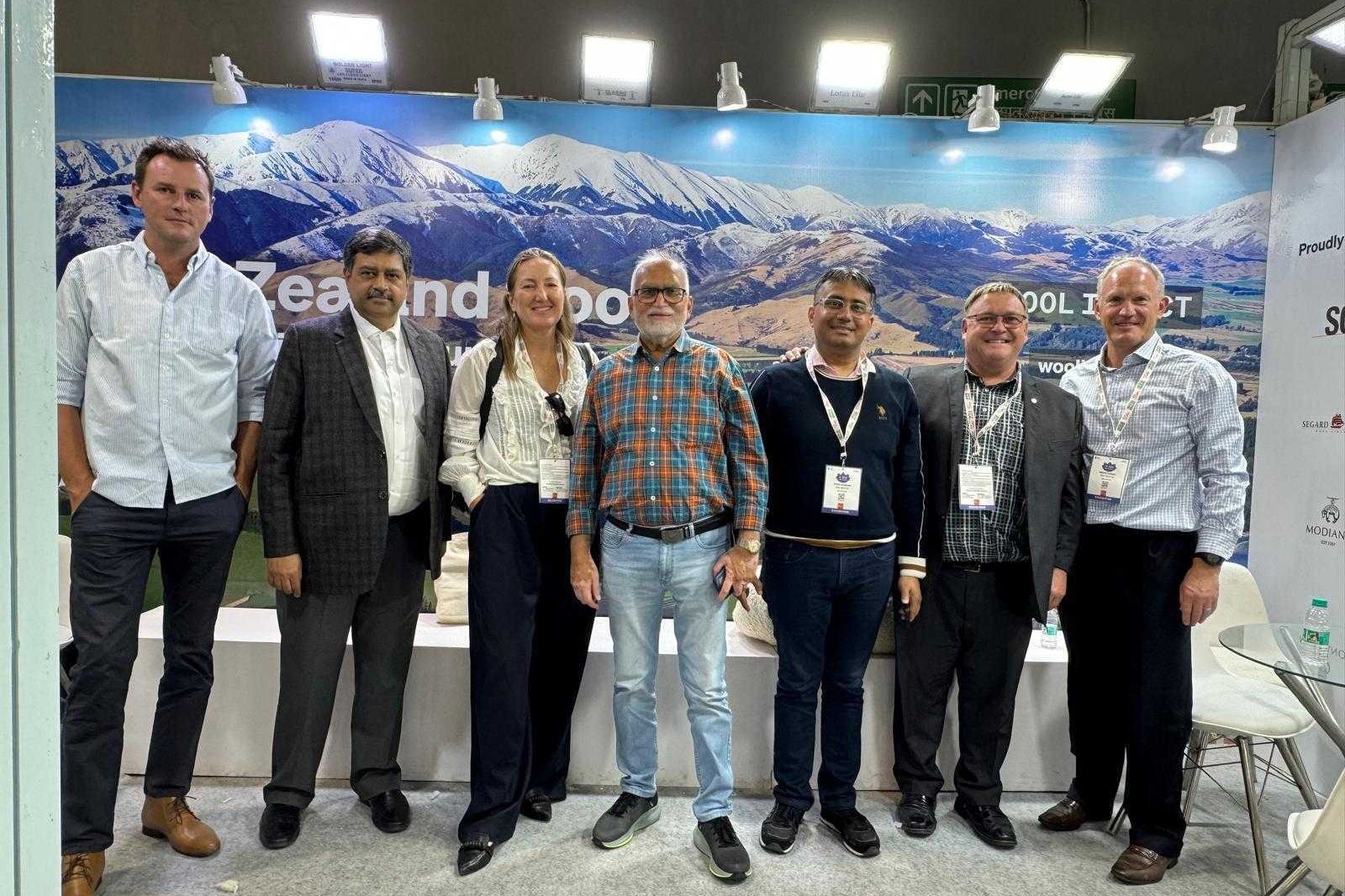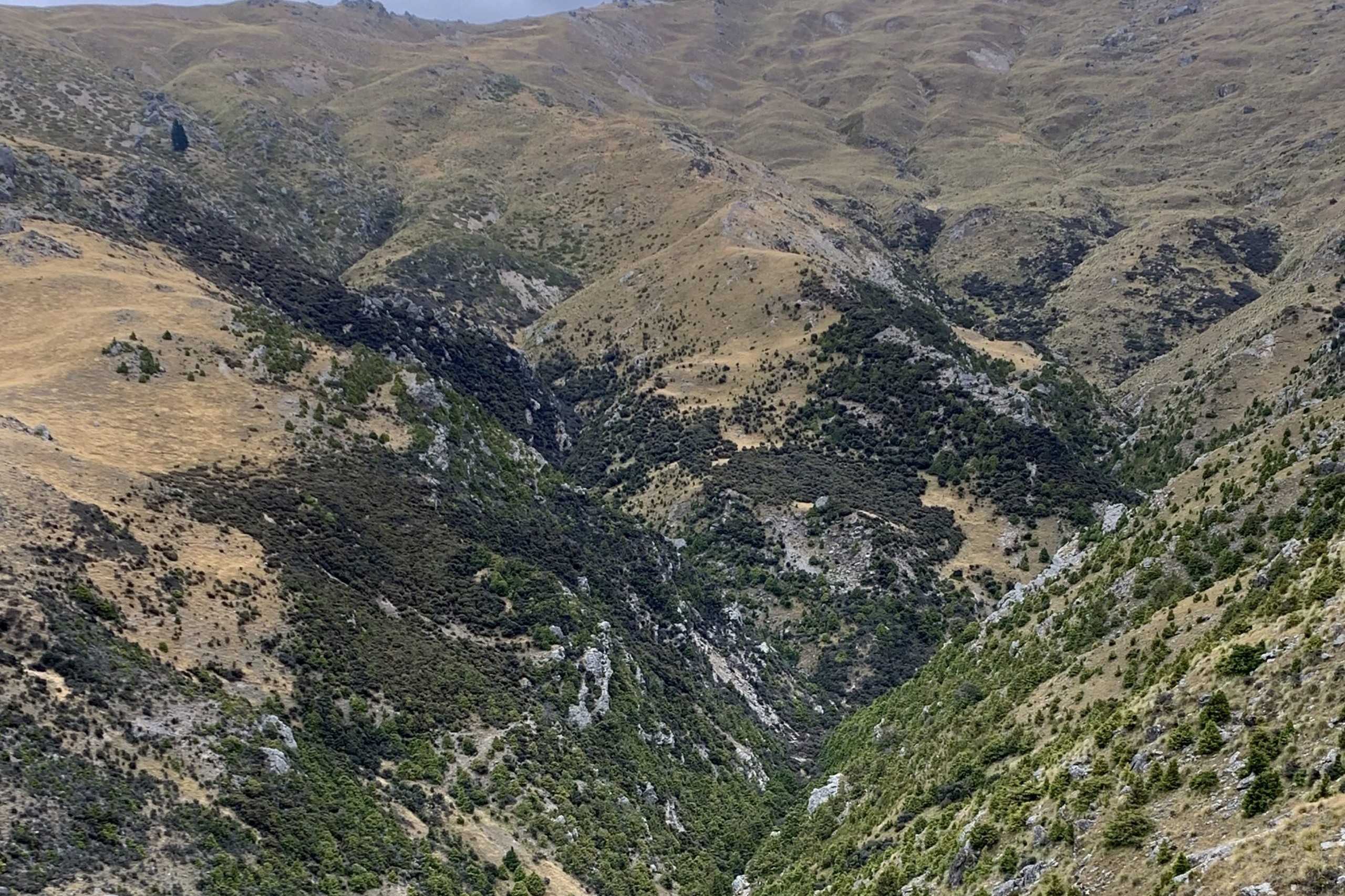Paul Burt laments that humans have been too successful at the top of the food chain.
As do most mammals, our early human ancestors once had long sensory whiskers either side of the pointy part of their faces. The fact that these coarse hairs have since retreated back up our noses (for all but a few of us) is probably a good thing. Despite what the creationists believe, rational thought tells me our species is not much different to any other on this earth. Except, by the glorious logic of natural selection, we have developed the biggest brain and risen to the top of the food chain. We dominate the planet with a capital D.
We are so successful we are rewriting the rules of evolution as we use our inventions to modify habitats and ensure food security and freedom from disease (at least for those that can afford it). Consequently, we are breeding and consuming at a rate faster than our fixed resources can cope with. When other species below us in the pecking order enter a similar phase one of two things happens. Overpopulation causes a natural decline as food runs out and starvation or disease takes over. If the species is of no consequence to us we do nothing. However, if the subordinate species starts to impact on human ideals directly, we take steps to mitigate the problem. In fact, we often don’t wait for a reason but persecute many of our fellow creatures (including other humans) at a whim. History shows no measure or method is off limits to protect our beliefs or needs and we can be ruthlessly efficient often for a greater good that’s only imagined. And there is surprisingly little guilt considering ill-advised human activity is often the cause of the imbalance in the first place.
For all the angst nationally and internationally over the real greater good of saving the planet, no-one is excitedly pointing out that our population is increasing at a rate that is not sustainable. And we are not just subsisting, we are greedy and wasteful. Unless you live in a third world economy where clean water, adequate food and access to health care are far more critical issues. Third World citizens hardly have enough fuel to cook their meagre calories let alone put in a vehicle and their skinny cows don’t fart much on a diet of dry sticks. That’s the rub with the “save the planet movement”. As a species we’ve never been able to ensure that all of our kind receive at least the basics in life. There is enough knowledge, wealth and resources but we’ve never been able to manage a fair distribution. The will to solve humanities immediate problems has never eventuated so why are authorities hopeful for behavioural change that will solve future ones?
“Terrible things happen to politicians when people hear what they don’t want to hear. Remember poor former National Party politician Steven Joyce. It just doesn’t bear thinking about that flying missile penetrating his body.”
Governmental systems very rarely make the hard decisions because the politicians running them know if the people aren’t happy their careers will be short lived. Imagine if the Prime Minister decreed a tax on food waste (30% of food purchased in New Zealand is trashed), excess body mass index (BMI) and large families. The comfort of her reassuring smile and motherly ways would immediately sour. Terrible things happen to politicians when people hear what they don’t want to hear. Remember poor former National Party politician Steven Joyce. It just doesn’t bear thinking about that flying missile penetrating his body.
The world is addicted to constant economic growth fed by a greedy populace and self-serving political systems. Governments and markets panic when activity slows but as any farmer knows, when a biological system is pushed too far the consequences are predictable. The farming life offers a realism lacking in many other occupations. Our farms are a microcosm of the bigger picture and our physical, mental and financial wellbeing is a reflection on how we nurture the resources that make them up.
The trouble is, humans are no longer managing the worlds’ resources purely for wellbeing. Our wants and desires are increasingly insatiable and the last time I looked there was nothing further up the food chain to keep us in check.





